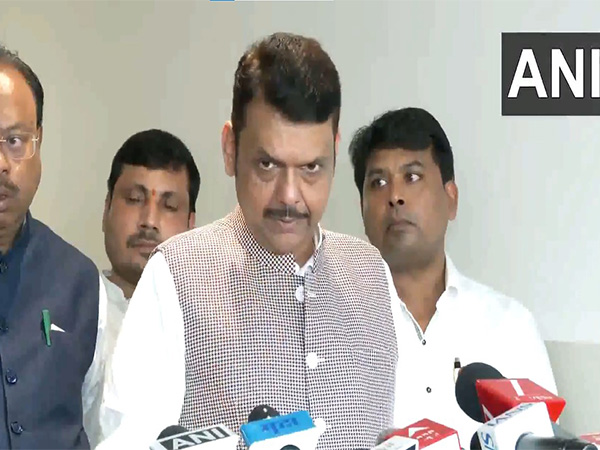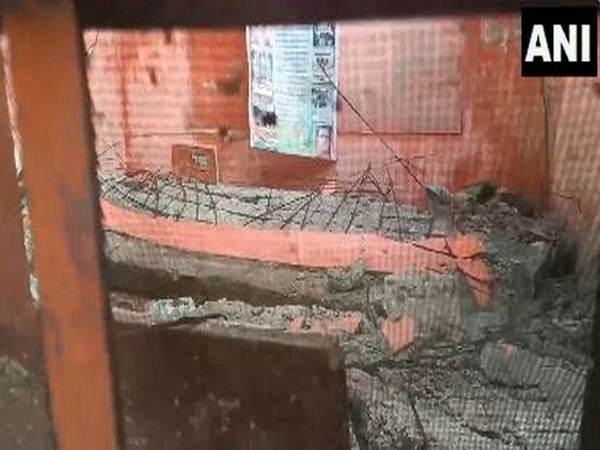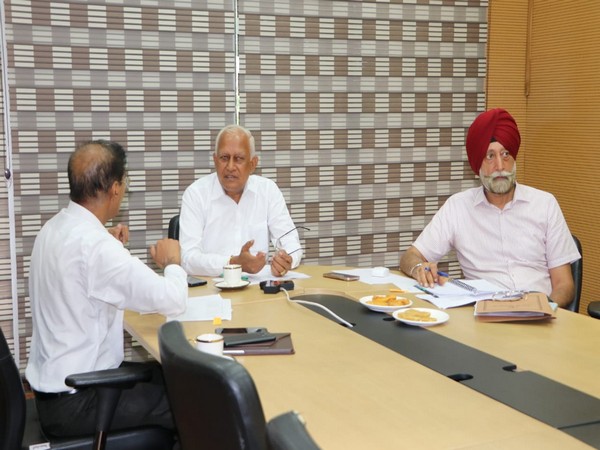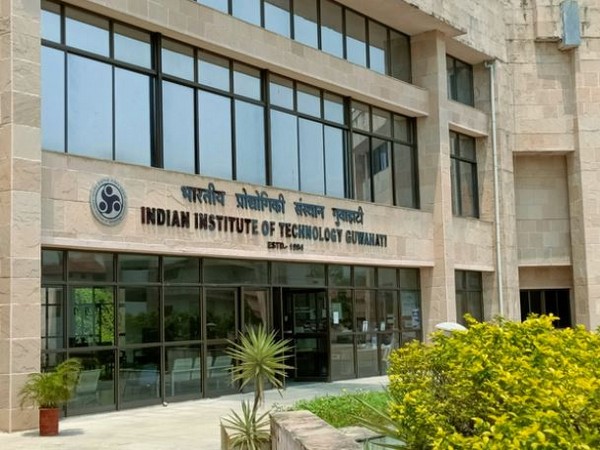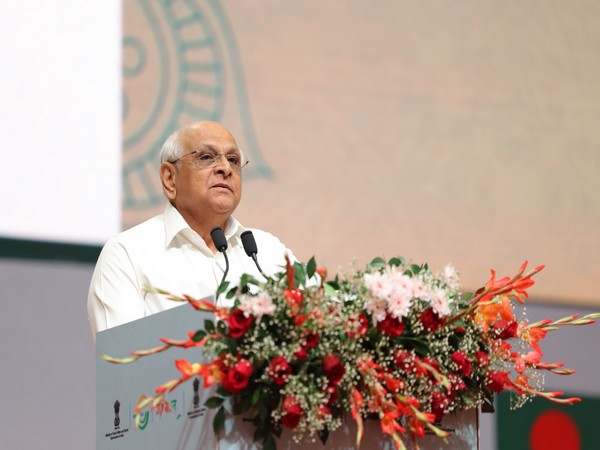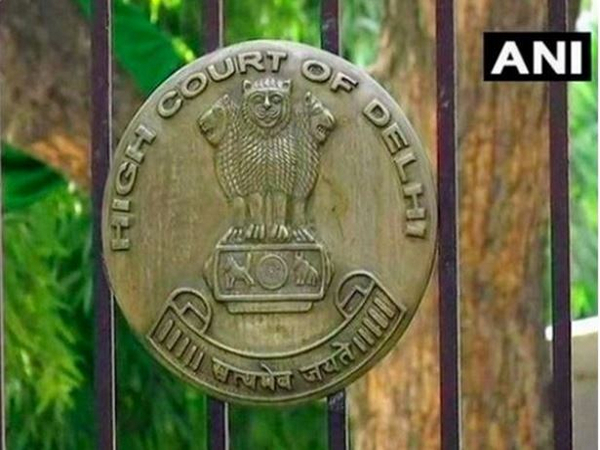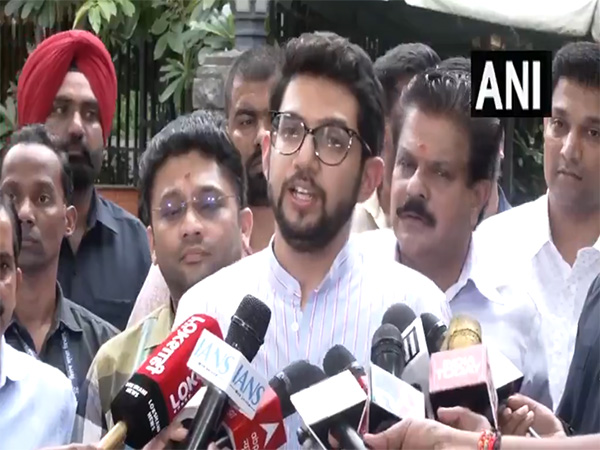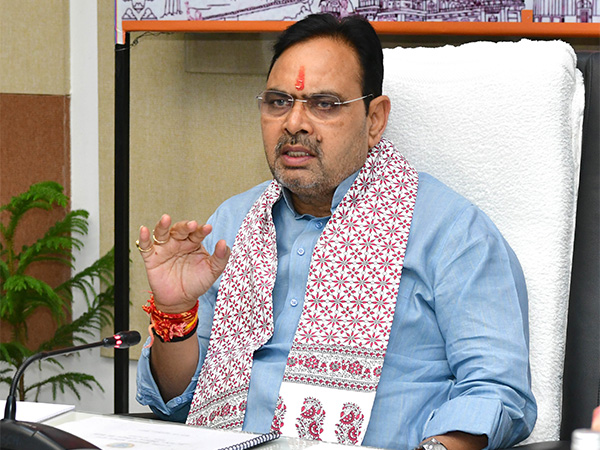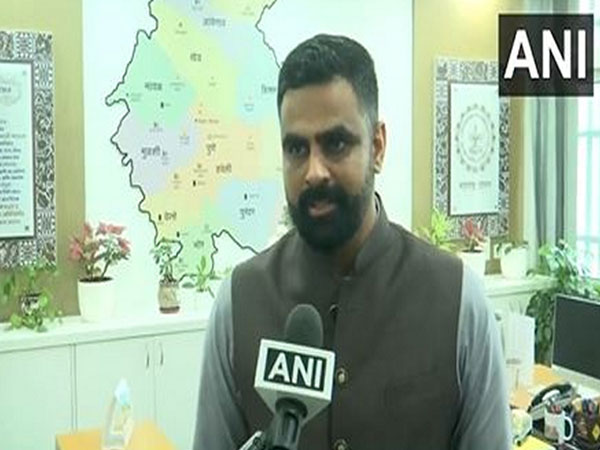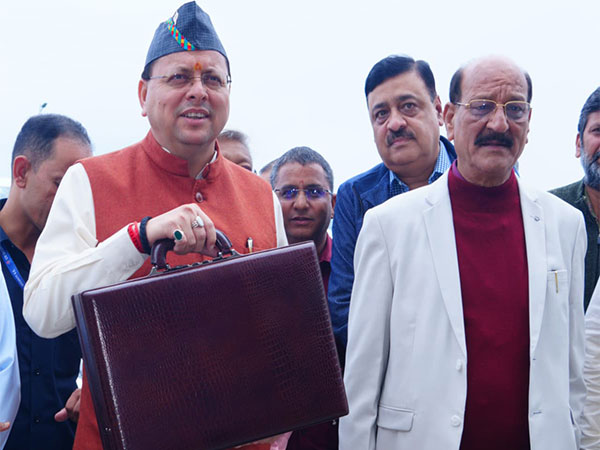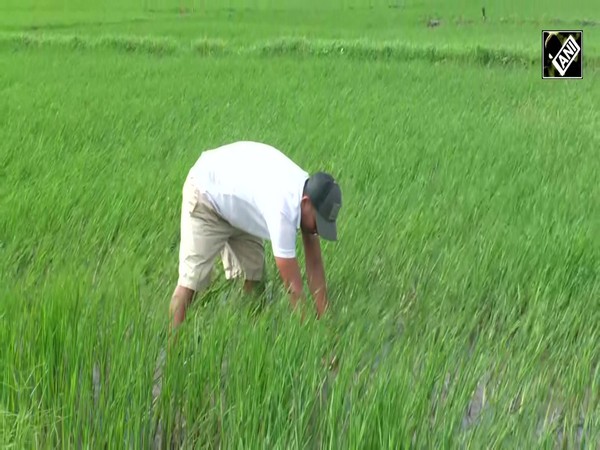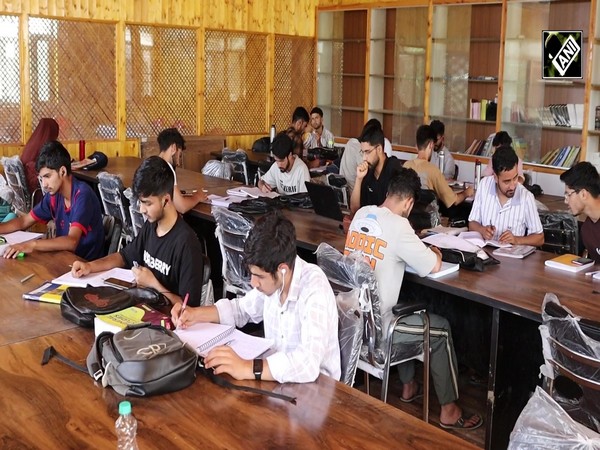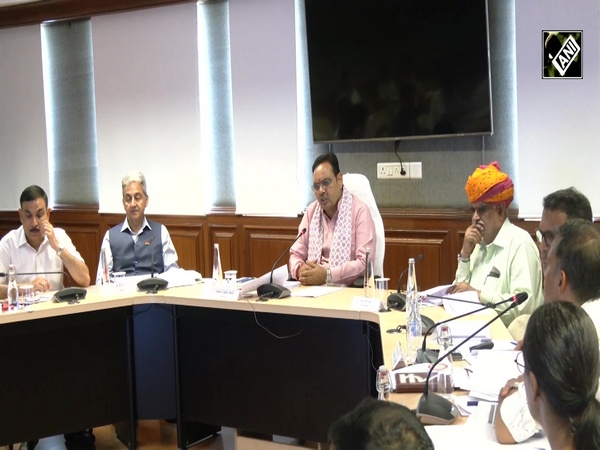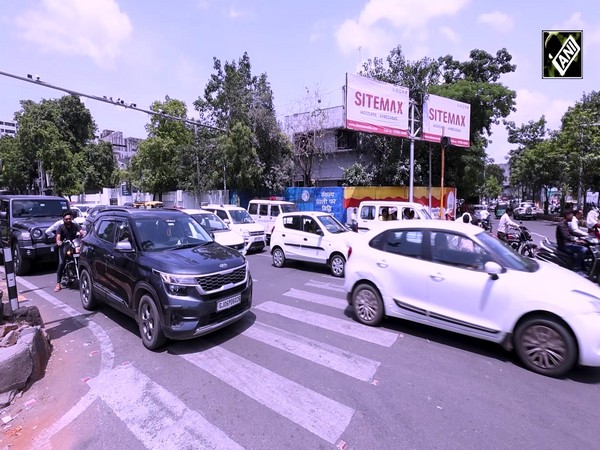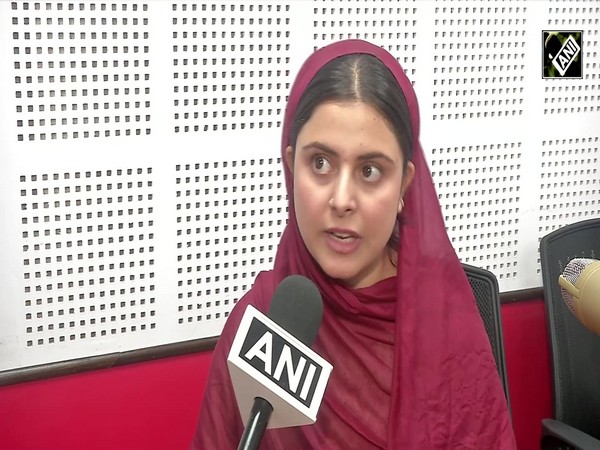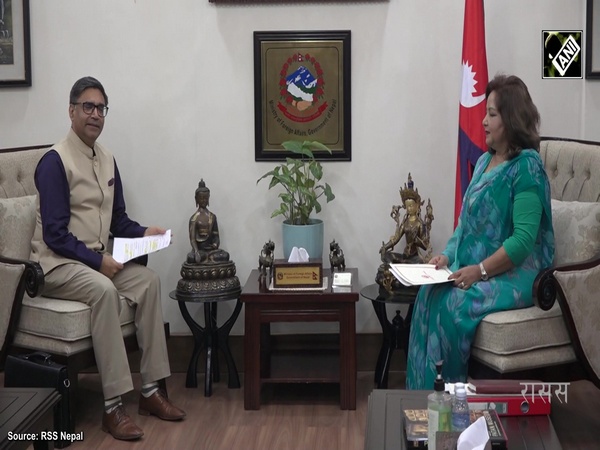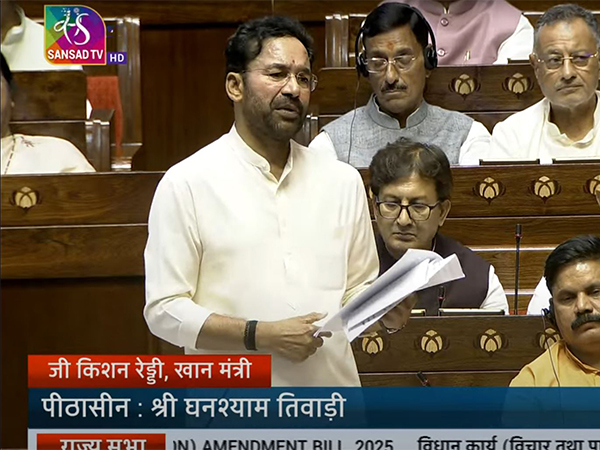
Parliament passes bill to increase production of critical minerals, enable inclusion of new mineral in a mining lease
Aug 19, 2025
New Delhi [India], August 19 : Parliament on Tuesday passed a bill for promoting conservation of minerals, zero waste mining and supporting the objectives of the National Critical Mineral Mission with Union Minister for Coal and Mines G Kishan Reddy stating that the Modi government is working with transparency in the mining sector and production has increased through use of technology.
The Mines and Minerals (Development and Regulation) Amendment Bill, 2025, was passed by the Rajya Sabha on Tuesday. The Bill was passed by the Lok Sabha last week amid sloganeering by opposition members over their demand for debate on Special Intensive Revision (SIR) in Bihar. Opposition members have been raising similar demands in the Rajya Sabha.
In his reply to the brief debate on the bill, Kishan Reddy said that the government is moving with determination towards its goal of 'Viksit Bharat' and the mining sector will be an important pillar.
The Mines and Minerals (Development and Regulation) Amendment Bill was passed amid sloganeering by opposition members over their demand for debate on Special Intensive Revision (SIR) in Bihar.
He said critical minerals are vital for various sectors and virtually no work was done in the area before 2014 with the country largely dependent on imports.
The minister said the Modi government has identified 24 critical minerals that have applications across a range of areas, including automotive parts, machines, LEDs, electric vehicles, batteries, and space, and their import is duty-free.
He said there is demand for critical minerals across the world and the government is making efforts to boost domestic production, including through off-shore mining. The first tranche of the auction of offshore mineral blocks was launched in November 2024 for 13 mineral blocks, which include 7 blocks of polymetallic nodules having critical minerals in the Andaman Sea.
Kishan Reddy said India is also making efforts for the exploration of critical minerals in friendly foreign countries, including Argentina and Zambia. A Memorandum of Understanding (MoU) was signed between Mineral Exploration and Consultancy Limited (MECL), a PSU under the Ministry of Mines, and the Provincial Government of Catamarca, Argentina, in February this year, which will pave the way for deeper collaboration in exploration and resource development of critical minerals.
He said Prime Minister Narendra Modi, during his visits abroad, seeks to expand cooperation in critical minerals.
The minister said that due to the efforts of the government, there is a reduction in coal imports and there is no shortage of coal. "The states can get as much coal they need for power production," he said.
Kishan Reddy alleged that the coal and mining sector was facing corruption and nepotism before the Modi government came to power in 2014.
Officials said that significance of critical and strategic minerals in the development of the country is continuously increasing and recent global geo-political developments has constricted the supply-chains of these minerals.The Centre launched the National Critical Mineral Mission (NCMM) in 2025 to establish a robust framework for self-reliance in the critical mineral sector.
Under this mission, the Geological Survey of India (GSI) has been tasked with conducting 1,200 exploration projects from 2024-25 to 2030-31.
The bill seeks to amend the Mines and Minerals (Development and Regulation) Act, 1957 and also seeks to promote extraction of deep-seated minerals.
The Mines and Minerals (Development and Regulation) Act, 1957 has been amended several times over the years. The last amendment made in the Act in 2023 focused on increasing exploration and production of critical and strategic minerals in the country by introducing a new list of 24 critical and strategic minerals; empowering the Central Government to auction mineral concessions in respect of such minerals and introduction of exploration licence for critical and deep-seated minerals.
According to the Statement of Objects and Reasons of the Mines and Minerals (Development and Regulation) Amendment Bill, 2025, there is need to provide a dynamic market mechanism for minerals backed by a robust regulatory regime with the increased availability and demand of minerals in the country."Setting up of mineral exchanges will help miners and end-users of minerals in determining fair and transparent market prices based on supply and demand dynamics, stabilise markets and aid in budgeting and planning.
This will promote investment in mining sector and infrastructure related to transport and storage," the statement said.The bill seeks to remove the limit on the sale of minerals from the captive mines so that miners can sell minerals after meeting the requirements of the end-use plant linked with the mine and on payment of an additional amount specified in the Act.
It seeks to allow the sale of dumps which have been stacked up to such date as may be specified by the Central Government in captive leases which cannot be captively utilised to reduce environmental hazards and increase safety in mine workings, bring more minerals to the market and provide additional revenue to the States.India is mostly dependent on the import of critical minerals.
"There is an urgent need to further amend the Act to support the National Critical Mineral Mission in its objectives," the statement said.
The bill seeks to empower the Central Government to promote the development of the market, including trading, of minerals, their concentrates or their processed forms (including metals) through mineral exchanges.
It seeks to widen the scope and territorial domain of the National Mineral Exploration Trust to enable the use of the funds accrued to the Trust within India, including the offshore areas, and outside India for the purposes of exploration and development of mines and minerals.
The bill seeks to enable one-time extension of the area under a mining lease or composite licence to include therein a contiguous area not exceeding ten per cent. or thirty per cent., respectively, of the existing area under the lease or licence subject to such terms and conditions and additional payment as may be prescribed in rules by the Central Government.
"This will promote optimal mining of deep-seated minerals which are locked up in contiguous areas and may not be economically viable to be extracted under a separate lease or licence," the statement said.
The bill seeks to rename the Trust as the National Mineral Exploration and Development Trust to reflect its enlarged scope and increase the amount of payment to the Trust by the lessees from present two per cent. of the royalty payable to three per cent. of the royalty payable;It seeks to enable the inclusion of any new mineral in a mining lease, subject to the conditions prescribed by the Central Government and the additional amount payable as specified in the proposed Eighth Schedule to the Act.
No additional amount is applicable on inclusion of critical and strategic mineral or minerals specified in the Seventh Schedule to the Act to incentivise production of these minerals which are found in small quantity and are difficult to mine and process.
Officials said that the Ministry of External Affairs is actively engaging with relevant stakeholders to alleviate the challenges arising from export restrictions on rare earth magnets imposed by certain countries.
There have been continued engagements at the bilateral and multilateral levels to increase cooperation in the peaceful uses of nuclear energy, including in rare earth minerals and related technologies. These efforts aim to mitigate disruptions in the supply chain and safeguard the interests of Indian importers.
They said the Ministry of Mines has been working to ensure supply chain resilience for critical minerals, including Rare Earth Elements, as they are key materials for sectors such as electric vehicles, renewable energy and defence.
In the interest of developing bilateral cooperation with countries having rich mineral resources, the Ministry of Mines has entered into bilateral agreements with the governments of some countries, such as Australia, Argentina, Zambia, Peru, Zimbabwe, Mozambique, Malawi, Cote D'Ivoire and International organisations such as the International Energy Agency (IEA).
